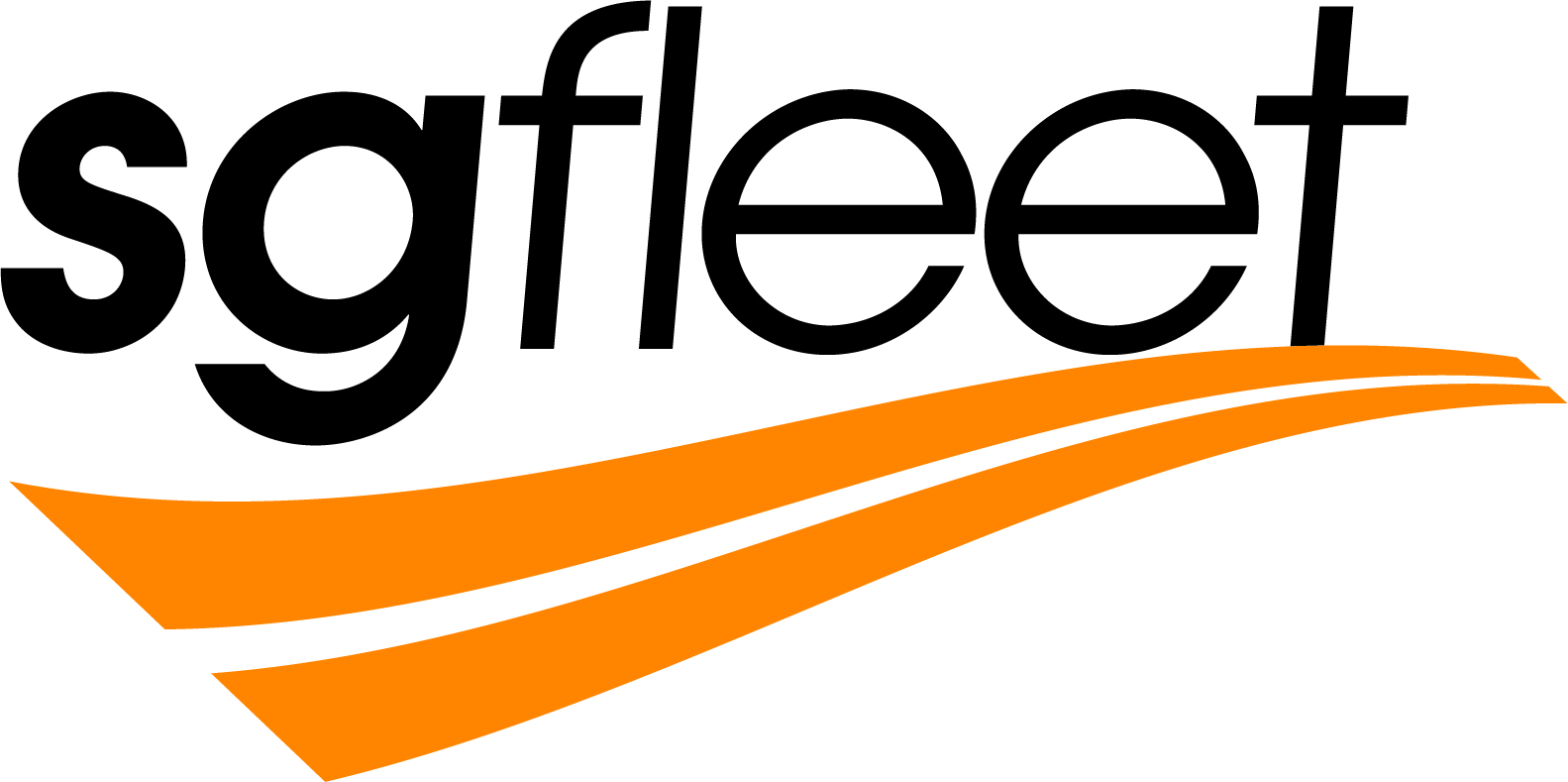
Webinar series – ‘Driven’ to be our best selves
For your employeesAs we move slowly but surely towards better days, looking after our collective and individual emotional health and wellbeing is just as important as social distancing, mask-wearing and other public health measures. That’s why the team at LeasePlan lets you explore ways for effectively safeguarding your mental health in difficult times via a free webinar series called Driven.
In Driven, internationally recognised motivational speaker and expert on elite performance Lisa McInnes-Smith takes a deep-dive into five topics for creating a happy life in 2021 – building resilience for a healthy mind, stress-busting skills, effective movement for healthy living, how to improve your relationships in challenging times, and how to be more effective and productive.
Each 30-45 minute webinar can be watched in full via our website but following are some key takeaways that you can glean at a (relatively) quick glance…
Webinar 1: Building resilience for a healthy mind
Described by Lisa McInnes-Smith as a person’s “bounce-back factor”, resilience can also be defined as your ability to adapt and, sometimes, it’s requires adapting to major events like trauma, tragedy and certainly adversity.
“It is not something you have, or you don’t have,” Lisa emphasises. “Resilience is actually something that you grow. And, unfortunately, it often comes out of tough circumstances.” Consequently, developing resilience requires a journey.
In this webinar, Lisa discusses resilience with AFLW champion and captain of GSW, Alicia Eva, where they consider strategies and processes you can implement in your day-to-day life to increase your resilience. Lisa also shares her own journey, particularly her school years where she struggled with a permanently closed left-eye. Dealing with the bullying, teasing and flow-on effects, such as low self-esteem, was a fundamental contributor to her ability to build resilience.
However, Lisa’s example is not an exceptional one. All of us, in some way or another, have dealt with tough situations in life. Because of this, she argues, it’s likely we already have the necessary mental tools to cope with the ups and downs of life but we may have simply forgotten how to use them.
In rediscovering our inner resilience, Lisa believes that self-reflection is essential. Taking the time to ask yourself important questions is a valuable way to get back in touch with those skills. What are your biggest challenges right now? Look back at a time of adversity and ask – what did I do, what lessons did I learn, and what were some of my best actions? Also, who were the people who helped me the most?
Resilience is an awareness of how you think, what you think about and what you dwell upon. As Lisa says, growing your resilience involves training yourself to dwell upon things that are good – the things that build you up rather than tear you down.
Webinar 2: Stress busting skills
“Stress is something you can’t see but you can see the impact it’s having,” explains Lisa. She argues passionately about our need to be fully aware of stress, and to get better at reading signs of stress sweeping into our lives, and then how we can push it out, so we don’t hold onto it.
“The imagination is so effective,” she observes. “We need to learn to use it for our good because lots of people use their imagination to imagine how they don’t want things to be. We keep remembering something that happened in the past and play it over [in our minds) – and again and again – until it makes the body feel sick. That’s how good the imagination is.”
While there are times when our bodies can benefit from an increase in stress hormones, stress becomes an ongoing problem when it develops into either anxiety or panic. To curb stress, Lisa puts forward some practical and simple tips:
Drink water. Hydration is a powerful tool for managing stress. Aim for between six and eight glasses of water a day, or more in warmer weather.
Breathe deeply. No matter what you’re doing, where you are, or the time of day, taking three deep breaths has been proven to help reduce stress levels.
Say a relaxing word (have a mantra). Write yourself a list of key words that are meaningful to you and stick them on your computer (they can be as simple as the words ‘calm’ or ‘relaxed’ or ‘content’) then say them out loud throughout the day. By doing this, your brain processes the words and your body relaxes.
Keep a journal or do a doodle. Taking notes helps control frustration and takes your mind away from what’s bothering you for short periods of time. Conversely, it can also help you focus on what is really stressing you out and address it more directly.
Visualisation. Go to your favourite place in your head – the beach, a lake, your favourite holiday destination – and imagine the sensations of being there. This process can distract your mind long enough to reduce stress and return to ‘normal’.
If you’re moving, you’re improving. Take some time to do a little dance or sing your favourite song. As Lisa notes, “you can sing yourself calm.”
Webinar 3: Effective movement for healthy living
With constant remote meetings and a bunch of other things impacting our time while working from home, some people may find it difficult to take the time for exercise. But there are some simple cheats to wedge regular, fun exercise into your daily routine. For example, virtual meetings could be an opportunity for stretching.
Lisa suggests spacing your exercise across the day. You can still get all the benefits of a full 30 to 45-minute workout but completed in segments during the first five minutes of every hour. A sample routine could look like 9am-9.05am squats, 10am-10.05am push-ups, 11am-11.05 lunges, 12pm-12.05pm dance to a song, etc.
Online exercise classes can also be enjoyed in the privacy of your own home and at a time that suits you. You don’t need to spend money on fancy exercise clothes or expensive gym memberships, and you won’t feel silly if you can’t master the moves.
Many personal trainers have moved to offering remote classes via webcam. Exercising with a trainer or a friend is undeniably the best way to stay motivated and get you moving, even if you’re not in the mood. Just be creative, see if you can involve others and – as Lisa advises – “enjoy the fun of it”.
Webinar 4: How to improve your relationships in challenging times
“I do quite a lot of business coaching and, sometimes, I have to remind leaders that you don’t have a relationship with a group; you have a relationship one-on-one,” admits Lisa. “We need one-on-one time, and that’s the same for families too.”
Lisa believes that improving relationships is based on the following approaches:
- Give people value;
- Give people dignity and worth;
- Deal with conflict in ways that reflect respect, dignity and worth; and
- Give each other the benefit of the doubt.
“It’s about intentional connection,” Lisa continues. “If we want people to be valued and appreciated, what is it that we need to do? What are those little things that help us to really feel cared for?”
It’s also important to be a good listener. Lisa challenges us to ask ourselves the tough questions about whether we genuinely listen, or simply wait to speak: Do you jump in? Do you cut someone off? Or do you do what’s really effective and summarise back to them what they’ve just said?
Paying people meaningful compliments also plays a role in giving people dignity, worth and value. “Look for the good in others,” Lisa concludes. “Find what people do well and tell them. It’s an area where most of us can do better.”
Webinar 5: How to be more effective and more productive
When it comes to productivity, it’s as much about efficiency and effectiveness. And, at the core of being more productive, is being properly rested.
“None of those things [productivity, efficiency, effectiveness] will happen if it doesn’t come out of rest,” explains Lisa. “This means we have to learn to be good at resting, good at refuelling, good at recharging.”
Additionally, sabotage plays a significant role in slowing down our productivity reserves. Research into productivity sabotage shows that:
- Procrastinating is the major cause of sabotage;
- Boredom/inability to find your motivation plays another big role in sabotage;
- Email is a productivity killer.
To overcome these sabotage pain-points, it’s important to stay energised and motivated across the entire day. As Lisa points out, “You’ll have energy peaks and troughs but you should focus on minimising the troughs in order to improve your productivity.”
Lisa suggests putting a task list together the night before but this strategy comes with an important caveat: “Don’t overload your list – it can make your workload look overwhelming.”
“Be smarter in prioritising what needs to be done and what can wait. Some people write everything on the list. Their list is so long, when they look at their list, they say ‘There’s no way that’s going to get done’. And they’re right. It demotivates and saps energy instead of saying, ‘Alright, we’re just going for the top half of the list or even the top third’.”
Cultivating our ability to get ‘deep work’ done – “the hard stuff,” as Lisa calls it – plays another critical role in improving productivity.
“Sometimes, our role pays us to think, to come up with solutions, to come up with ways of dealing with difficult people or with difficult situations. When are you scheduling time for doing deep work – the thinking work? A lot of people say, ‘But I feel guilty, Lisa, if I’m just thinking.’ But one of the most important aspects of being productive and effective is that we’ve thought about what’s really important, rather than what appears to be urgent.”
“Often what’s really important is more long-term,” Lisa surmises. “And, therefore, if you don’t have strategies about how are we going to get each quarter achieved, we just get muddled in our own mess. So, you need to consider, where will you find time to put some deep work in?”
And take note of Peter Drucker’s wise words: “There is surely nothing quite so useless as doing with great efficiency what should not be done at all.”
Help drive your team with these health and wellbeing tips. Watch the five free webinars of LeasePlan’s ‘Driven’ series at www.leaseplan.com.au/driven
 Driving Insights
Driving Insights



